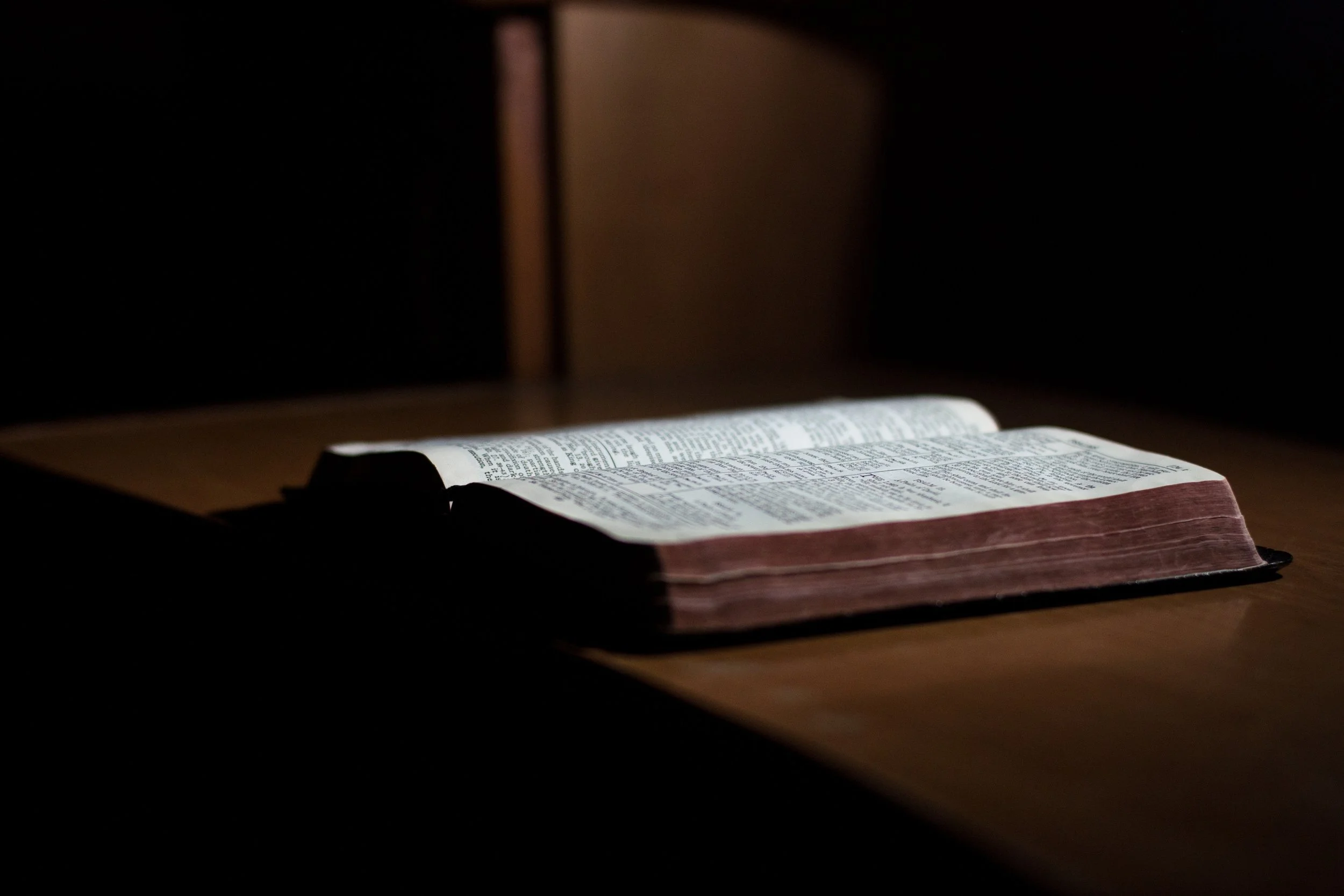The Jewish ruling class believe they have a clear case of blasphemy and rebellion. For once, Jewish and Roman law seem to agree. But Pontius Pilate doesn’t see the infraction. Yes, the rabbi they have brought to him has said he is a king, but he doesn’t seem intent on acting like one. At best, his crown is a symbolic one. But the truth doesn’t matter for either party. It will be an unjust punishment based on lies and sustained by a thirst for power, demonstrated in Pilate’s flippant musing. What is truth, anyway?
In the lectionary, St. John’s account of Jesus’ trial and death is set beside King Solomon’s book of Proverbs, where a great deal of ink is dedicated to themes of justice and righteousness. Solomon poetically explores these ideas by comparing them to their counterparts: the unrighteous seek worldly approval, but will also step on anyone to gain it. They see blatant injustice, but pretend they don’t know about it.
Jesus trains his disciples to be ready for such things. The world will continue to act in darkness, and it will take particular pleasure in harming those who live in his light. But with Jesus’ grim prophecy comes profound encouragement. Unlike their fathers, who could not approach God in their uncleanness, his disciples can come to the Father directly in Jesus’ name. They will no longer ask questions of the Teacher like servants who don’t know their master’s will. They will now be friends who know God’s plan of salvation and participate in his work. They will not be left alone. The Holy Spirit will guide them. Jesus will intercede for them to keep them from evil. The Father himself loves them.
This promise is for us, too. Darkness, unrighteousness, and injustice will have their time, but that time is short. Even in duress, there is peace for us that only Jesus can give. As he says to the twelve, he says to us: n this world, there is much tribulation, but Jesus has overcome the world. Praise to Father, Son, and Holy Spirit for the grace, mercy, and peace given to us!


